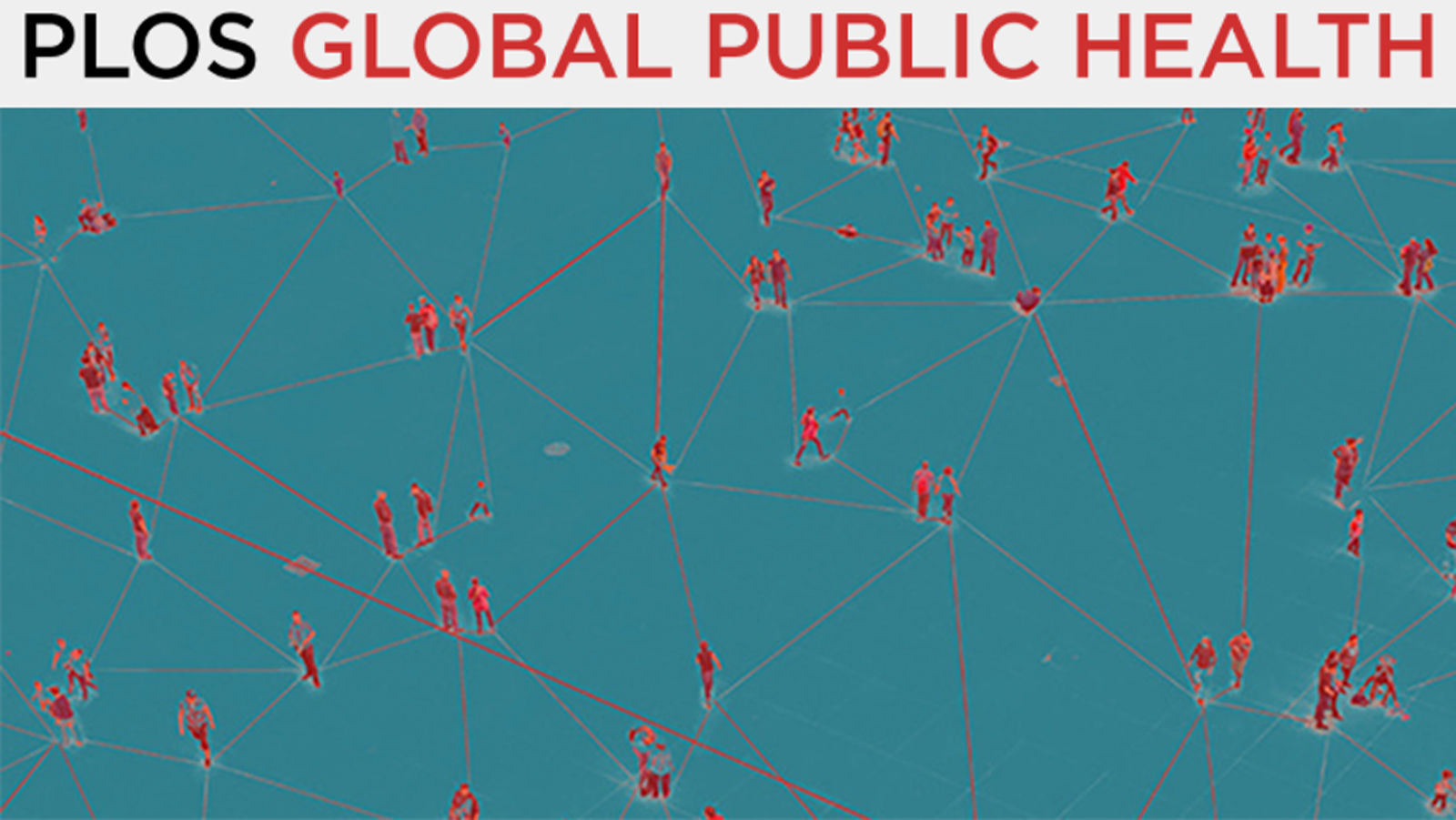Systematic review identifies concerns with current medical rationales for “sex-normalising” interventions in childhood

IHRA celebrates today the publication of the groundbreaking article titled “Perspectives on conducting “sex-normalising” intersex surgeries conducted in infancy: a systematic review”.
The article, published by PLOS Global Public Health, was co-authored by Luke Muschialli, Connor Allen, Evelyn Boy-Mena, Aiysha Malik, Christina Pallitto, Åsa Nihlén and Lianne Gonsalves. This independent research team includes staff of the World Health Organization (WHO) Department of Sexual and Reproductive Health and Research (SRH).
The article presents the outcomes of a systematic study, focused on identifying and analyzing key rationales used by medical practitioners to justify “elective” (non urgent) surgical interventions performed on children with innate variations of sex characteristics.
Outcomes are striking: a vast majority of the papers reviewed showed that those early “elective” surgical interventions were performed because of unevidenced and inappropriate rationales. Those rationales include, for example, a strong emphasis on cosmetic outcomes. They also include a pervasive belief in the need of surgically shaping external genitals to match sex assigned at birth, ensure the development of “normal” gender identities and sexual orientations, and facilitate children’s “psychological adjustment”. In some cases, addressing real or potential parental distress through surgery on a child was presented as an acceptable rationale. In other cases, those rationales were built on the subjective opinions of doctors and/or parents about the possible “satisfactory” consequences of surgical interventions. Many of the analysed papers did not include rationales of any kind. And even when human rights “controversies” around those interventions were acknowledged, children were subjected to them nonetheless.
These outcomes are not surprising for intersex advocates. Over the past 30 years, the intersex movement has denounced both pre-emptive “sex-normalising” interventions (those that take place before individuals can freely express their own values and preferences) and the flawed rationales supporting them. However, this is the first systemic review analysing rationales for medical interventions, and it shows that the position of the intersex movement on such interventions is justified. The authors state:
“Irreversible, elective, “sex-normalising” genital interventions on infants or children with congenital variations of sex characteristics are unethical without the full, free, and informed consent and active participation in decision-making of the individual concerned. Rationales of achieving a cosmetic outcome perceived as satisfactory by individuals to whom the genitalia do not belong, matching parental desire or alleviating parental distress, or promoting a specific gender identity do not justify continuation of these procedures.”
Furthermore, the paper shows the direct relationship between the pathologising language of “Disorders of Sex Development”, and the widespread occurrence of “elective”, “sex-normalising” surgical interventions performed on children and pre-empting their right to consent. As indicated by Mauro Cabral Grinspan, coordinator of IHRA’s work on depathologisation,
“The paper provides key evidence supporting the need to eliminate “Disorders of Sex Development” from the International Classification of Diseases, and to change all pathologizing terminology on innate variations of sex characteristics. As we have been insisting to the World Health Organization over the past 10 years, a different, non-pathologizing terminology is urgently needed, to ensure our access to healthcare in conditions fully compatible with our human rights”.
Earlier this year, the UN Human Rights Council passed a first ever resolution on addressing and dismantling human rights violations against people with innate variations of sex characteristics. The publication of this paper constitutes another key step in this process. According to Dr Morgan Carpenter, Executive Director of IHRA:
“We welcome this paper documenting the persistence of unevidenced and inappropriate clinical rationales for unnecessary and harmful practices on children with innate variations of sex characteristics. Protections for bodily integrity and bodily autonomy, and psychosocial support, are essential to protect and promote the highest standards of health for people with innate variations of sex characteristics. This research provides a basis for action by the WHO to support efforts to regulate medical practices, promote investment in psychosocial support, and ensure effective and accountable oversight. Human rights institutions must also act to investigate such practices and promote reform.”
We invite intersex advocates and our allies around the world to join us in celebration of this publication and the future it opens, and to join us in the effort to build that future for all.
Additional Information
Read the paper: Muschialli, Luke, Connor Luke Allen, Evelyn Boy-Mena, Aiysha Malik, Christina Pallitto, Åsa Nihlén, and Lianne Gonsalves. 2024. ‘Perspectives on Conducting “Sex-Normalising” Intersex Surgeries Conducted in Infancy: A Systematic Review’. PLOS Global Public Health 4 (8): e0003568. https://doi.org/10.1371/journal.pgph.0003568.
For background papers, please see the other pages on this Intersex Depath project site.
Are you interested in knowing more about IHRA and our work on depathologizing intersex? Contact us at: depath@ihra.org.au
Please note that Morgan Carpenter and Mauro Cabral Grinspan are acknowledged in the paper for their work assisting in defining the search strategy for this independent review.